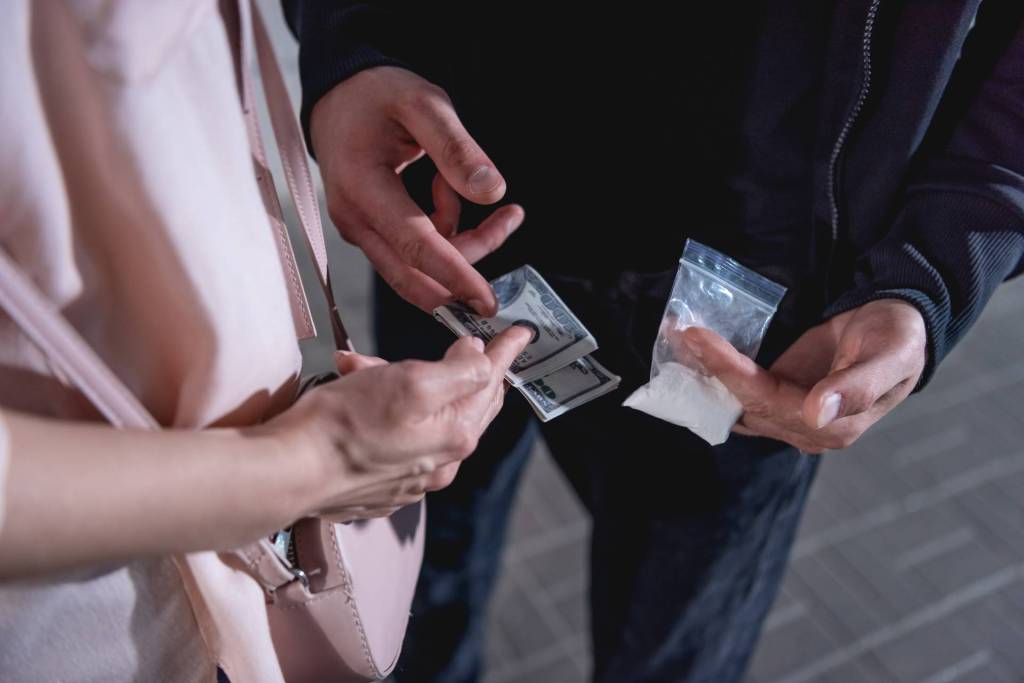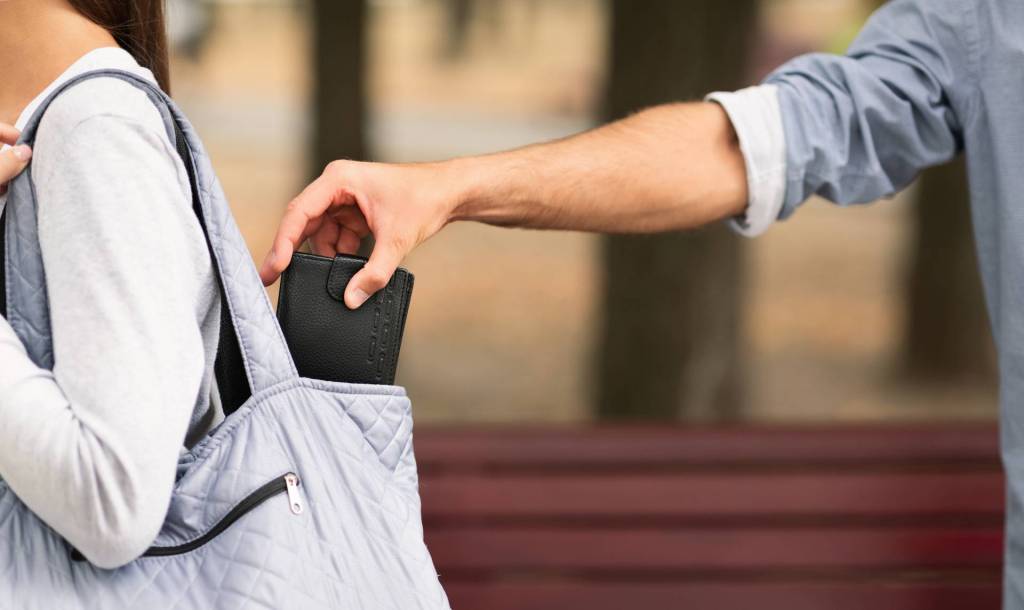If your child – age 17 or below – is accused of a crime in Los Angeles, how can you help? How long will your child remain in custody? What if he or she is innocent? What about your child’s future educational and employment opportunities?
Parents often have plenty of questions when their child is accused of breaking the law. Keep reading, and you’ll learn some answers.
California’s juvenile justice system focuses on the rehabilitation of juvenile offenders rather than punishment.
In some cases, however, a youth may face adult penalties, depending on the details of the crime and the age of the juvenile.
Parents should know that when a child is charged with any crime in the Los Angeles area, they will need to contact a skilled Los Angeles juvenile defense attorney as quickly as possible.
Earlier in 2017, Governor Jerry Brown signed into law ten new statutes that will benefit juveniles who are facing criminal charges or serving time in California.
Parents also get some help from the new laws. Criminal justice activists believe that the new laws will help parents, courts, and youth workers divert youths who may be headed the wrong way back onto the right path.
EXACTLY WHAT DO THE NEW LAWS REGARDING JUVENILES PROVIDE FOR?
The new statutes will create more parole opportunities for incarcerated juveniles and will ease the ongoing penalties for adults who committed crimes as juveniles. Courts will be allowed to seal the juvenile records of certain offenders.
The new laws also eliminate the fees that counties have been charging parents whose children under the age of 21 are in juvenile detention. The new laws take effect in 2018.
Parents and legal guardians in this state will no longer be charged fees for the costs of incarcerating juvenile offenders – costs that may include meals, housing, transportation, and drug testing.
Holding one minor in custody can cost as much as $49 a day in some California counties, and a minor’s electronic monitoring can cost up to $30 a day.
Families in Los Angeles County got even more good news in November, when the L.A. County Board of Supervisors approved a juvenile diversion plan that will permit certain youths to avoid arrests for misdemeanors and even for particular felony offenses.
L.A. County’s Probation Department now supervises about one thousand juveniles in detention facilities and about nine thousand more youths in the community. Some states like Illinois have other laws, so a criminal defense attorney in Waukegan, IL may be able to help.
WHAT DOES IT COST TO KEEP A JUVENILE OFFENDER IN CUSTODY?
According to the editorial writers at the Los Angeles Times, “Sending a young person to a Los Angeles County juvenile probation camp to be supervised and rehabilitated costs about $247,000 a year” while community-based programs that focus on keeping kids out of trouble with the law cost “a fraction of that.”
Still, if you are a parent raising a teen in southern California, you should be concerned that the inevitable ramifications of some juvenile offenses may impact your child for the rest of his or her life.
Whether your child is guilty as charged or innocent of committing a crime, you’ll need the help of an experienced Los Angeles juvenile defense attorney who will fight aggressively for justice on your family’s behalf.
Parents should know that there are some significant differences between the juvenile criminal justice system and the adult system in this state.
For example, a minor in a juvenile case is not entitled to a trial by jury. Instead, a juvenile court judge decides a minor’s guilt or innocence.
Nevertheless, the burden of proof is the same – the state must prove beyond a reasonable doubt that the juvenile is guilty as charged.
WHAT HAPPENS WHEN A JUVENILE IS ARRESTED IN CALIFORNIA?
Within 48 hours of a minor’s arrest in California, a detention hearing must be conducted. At that time, a judge will decide whether to release the juvenile to his or her parents or to keep the youth in custody until a trial can be conducted.
There is no bail in the juvenile system, and juvenile detention is no place for a minor, so it is imperative to retain immediately an attorney who can persuade a judge to release your child at the detention hearing.
When a juvenile is prosecuted for a crime in California and is found guilty as charged, a number of sentencing options are available to judges, but for a nonviolent first offense, the typical sentence is “informal” probation.
Upon successful completion of informal probation, the original charge can usually be dropped and will not appear on any record.
The conditions of informal probation typically include counseling, community service, restitution to victims, adherence to a curfew, school attendance, and in some cases, random drug testing. However, if the juvenile fails to complete informal probation successfully, a formal charge may be filed.
Another sentencing option available to California juvenile courts is called deferred entry of judgment or “DEJ.” Deferred entry of judgment requires an admission of guilt by the juvenile offender, but upon successful completion of the DEJ program – which can last from twelve to sixteen months – the charge against the juvenile is dismissed.
WHAT IS PROBATION CAMP?
The conditions of “formal” probation are somewhat harsher, and some juveniles who are sentenced to formal probation will be sent to a California “probation camp” for as long as twelve months.
These camps are dormitory-style settings where juveniles adhere to a highly-structured daily schedule that includes classes, counseling, and treatment sessions.
In some circumstances, someone age 16 or 17 may be tried for a crime as an adult, and if a 14-year-old or a 15-year-old is charged with murder or with committing a serious sex crime, that juvenile may also be tried as an adult.
Juveniles who are convicted of violent crimes or sex crimes may be committed to the California Division of Juvenile Justice, which houses and supervises the state’s most serious juvenile offenders.
Nothing is more important than your child, so if that child falls into trouble with the law, you must know what to do, and you can’t risk taking any chances.
Juveniles are often wrongly accused of crimes, and when that happens, you must put your child’s case in the hands of a reliable and trustworthy Los Angeles juvenile defense attorney – a lawyer who routinely defends juveniles and who knows what’s at stake in California juvenile proceedings.















